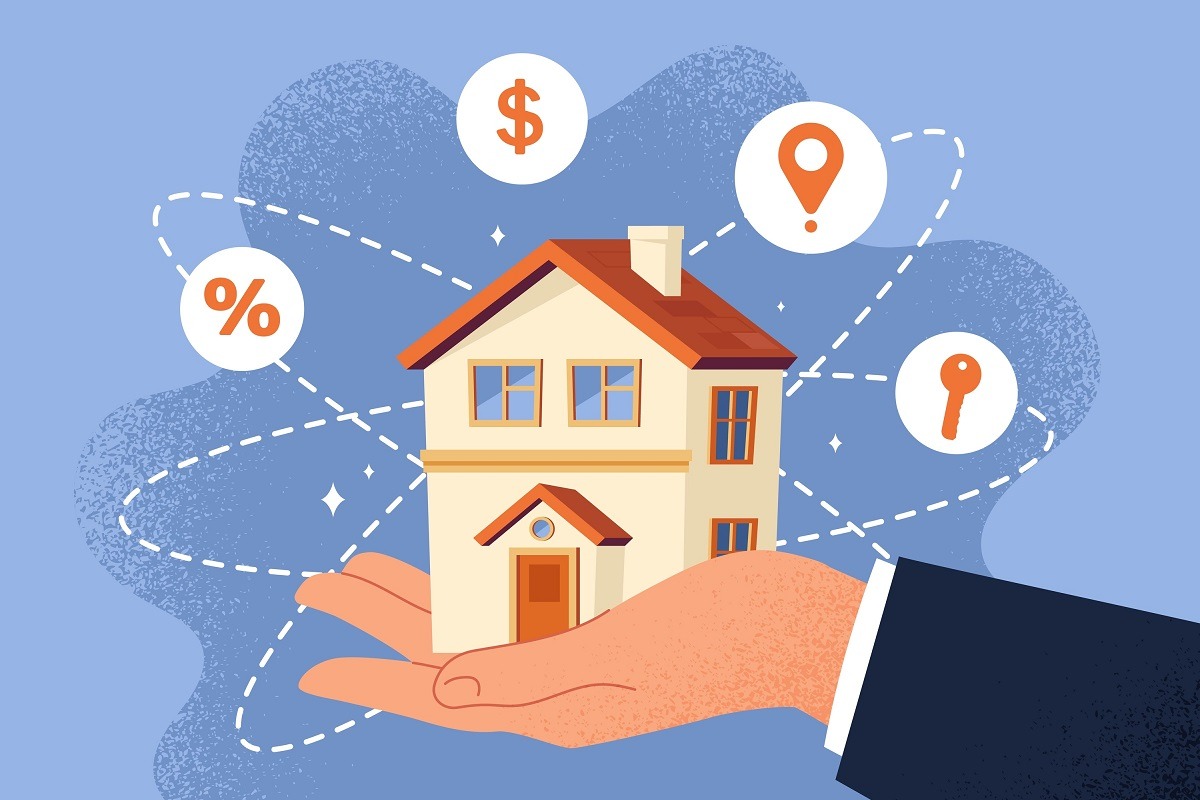Housing Affordability: Smart Solutions for Today’s Market
Housing affordability has become a pressing issue in Nigeria and beyond, affecting first-time buyers, renters, and even seasoned homeowners. At its core, housing affordability refers to the balance between household income and the cost of securing safe, adequate housing. When housing costs exceed 30% of a household’s income, affordability becomes a challenge, leading to financial strain and limited lifestyle options.

With rising property prices, stagnant wages, and increasing living expenses, many individuals and families struggle to find affordable housing. This growing gap underscores the importance of creating sustainable solutions for better housing access.
Why Housing Affordability Matters
Housing affordability impacts more than just an individual’s budget. It shapes economies, communities, and overall quality of life. When people can’t access affordable housing, the ripple effects include:
-
Reduced financial security: Households spend more on rent or mortgages, leaving less for healthcare, education, or savings.
-
Workforce challenges: Employees may live far from job centers, leading to long commutes and decreased productivity.
-
Community inequality: Limited affordable housing increases segregation and reduces opportunities for economic mobility.
Addressing housing affordability is therefore essential not only for individuals but also for building thriving, balanced communities.
Key Factors Influencing This
Several elements contribute to the current housing affordability crisis:
1. Rising Property Prices
In many urban areas, demand for homes far exceeds supply. This imbalance drives property prices higher, leaving buyers struggling to keep up.
2. Stagnant Income Levels
While housing costs continue to rise, income growth has remained flat in many regions. This mismatch directly erodes affordability.
3. Limited Affordable Housing Supply
New construction often focuses on high-end developments, neglecting affordable units for low- and middle-income earners.
4. Economic Pressures
Inflation, interest rates, and high construction costs add layers of financial burden to potential homeowners and renters alike.
Practical Solutions for Housing Affordability
While the challenges are significant, several solutions can improve housing affordability and make homeownership or renting more accessible.
1. Government Initiatives
Policies such as rent control, subsidies, and tax incentives for developers can encourage affordable housing development. Governments also play a crucial role in zoning reforms to allow for diverse housing types.
2. Innovative Housing Models
Shared ownership schemes, co-living spaces, and community land trusts are emerging as creative solutions. These models reduce upfront costs and spread housing expenses across multiple households.
3. Financial Literacy and Planning
Individuals can improve their housing prospects through smart budgeting, understanding mortgage options, and leveraging first-time buyer programs. Financial education equips people to navigate housing markets more effectively.
4. Public-Private Partnerships
Collaboration between governments, non-profits, and private developers can drive investment into affordable housing projects that meet the needs of diverse communities.
The Future of Housing Affordability
Addressing housing affordability requires long-term commitment and innovation. With growing urban populations and shifting economies, policymakers and communities must focus on creating balanced housing markets. Embracing sustainable construction methods, integrating technology into urban planning, and expanding affordable financing options will be central to improving affordability in the years ahead.
FAQs on Housing Affordability
1. What does housing affordability mean?
Housing affordability refers to the ability of individuals or families to secure housing without spending more than 30% of their household income.
2. Why is housing affordability a global issue?
Rapid urbanization, rising property prices, and stagnant wages have created a widespread gap between income and housing costs, affecting millions globally.
3. How can governments improve housing affordability?
Governments can implement rent controls, offer tax incentives for affordable housing development, reform zoning laws, and provide subsidies for low-income households.
4. What can individuals do to improve housing affordability for themselves?
Individuals can explore shared ownership models, utilize first-time homebuyer programs, improve financial literacy, and carefully plan their budgets to align with housing goals.
5. What role does innovation play in housing affordability?
Innovation, such as modular housing, co-living models, and sustainable construction, reduces costs and expands housing access for broader income levels.
